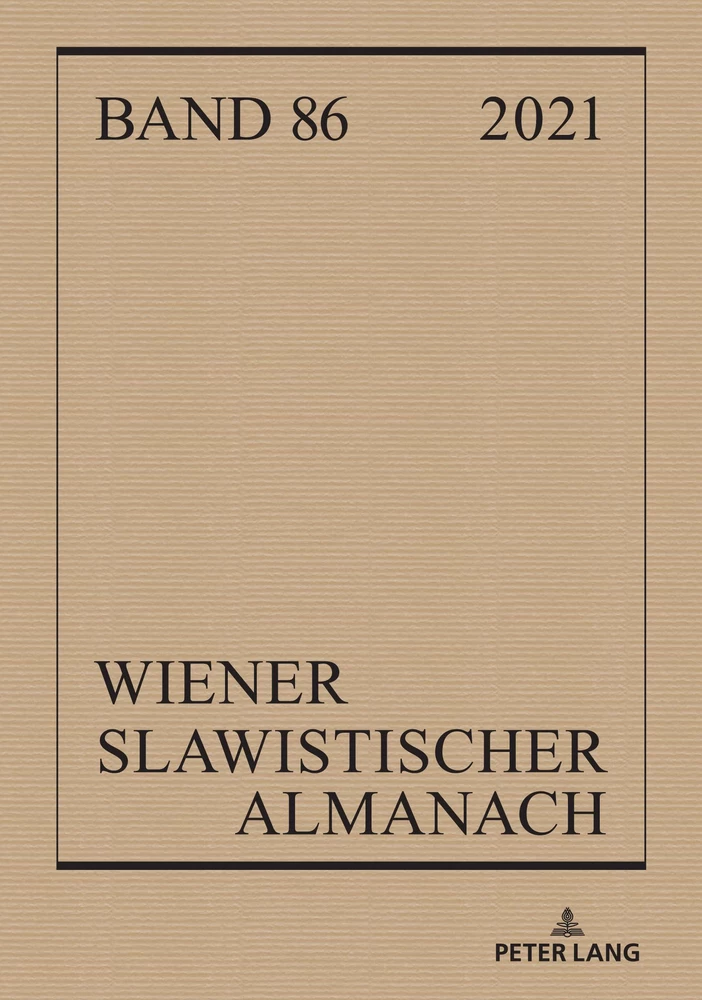A Monument to Russian Modernism: The Ardis Vision of Contemporary Russian Literature
Veröffentlicht am 13.10.2021
Schlagwörter
- Ardis,
- literary canon,
- Carl Proffer,
- Ellendea Proffer
Abstract
The article discusses the role of the tamizdat publishing house Ardis in shaping the new canon of Russian literature. Ardis and its publishers Carl and Ellendea Proffer sought to restore the Russian modernist legacy, reconnecting it to contemporary Russian literature. This explains not only why they reprinted works from the 1910s and 1920s, and focused on Vladimir Nabokov and Mikhail Bulgakov, but also why their selection of contemporary authors included not only such recent emigres as Vasily Aksenov, Sasha Sokolov, Vladimir Voinovich, and Sergei Dovlatov, but also Boris Vakhtin, Andrei Bitov, and Fazil′ Iskander, who did not leave the Soviet Union, and even Vasily Shukshin, Fedor Abramov, and Yury Trifonov, who enjoyed official recognition there. Along with their focus on historical modernism and its contemporary interpretations, the Proffers adopted an ethical approach to literature in constructing their canon, adhering to the hierarchy of cultural values shared by various nonconformist groups within the Soviet Union. Consequently, the Ardis canon of Russian literature absorbed different influences from the Soviet underground and American academia alike, which explains its importance for the history of twentieth-century Russian literature.

